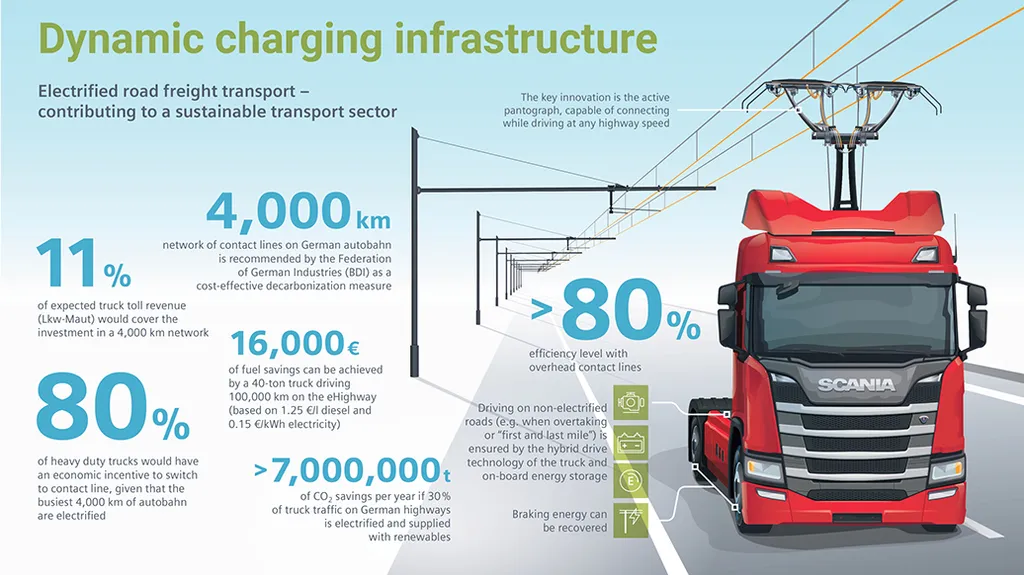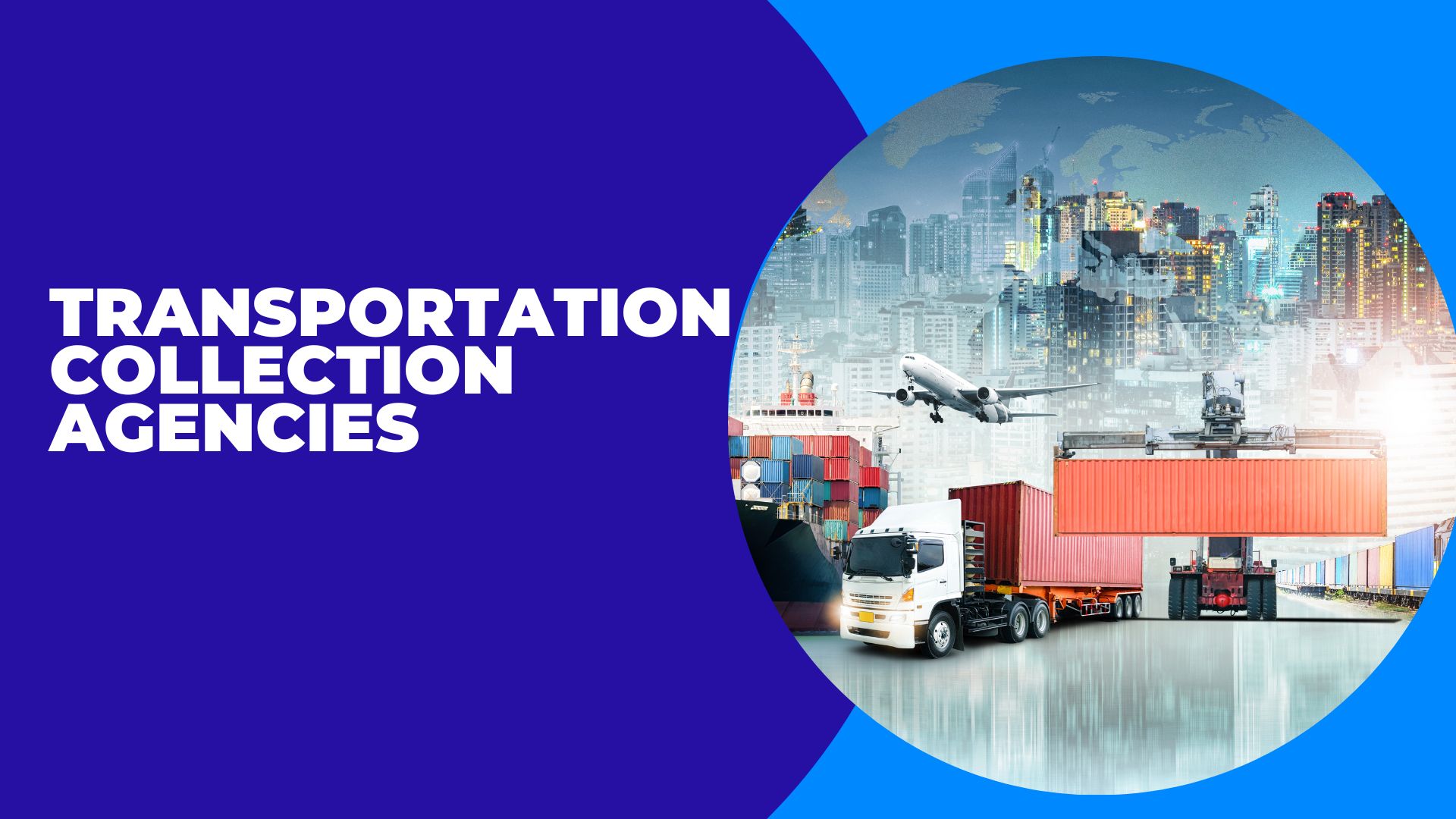Transportation Collection Agencies specialize in debt recovery for the transport sector. They ensure timely payments for freight and shipping services.
Tackling financial hiccups in logistics, these agencies are crucial in maintaining the cash flow of transportation companies by recovering overdue accounts efficiently. Their expertise covers negotiations with delinquent payers and understanding the intricacies of the transport industry’s billing systems. Effective communication skills, coupled with an in-depth knowledge of transportation laws and regulations, enable these agencies to operate within legal boundaries while securing owed funds.
They play a key role in assuring that businesses in the transport sector can focus on their core operations without being burdened by unpaid debts.
Introduction To Transportation Collection Agencies
Transportation collection agencies are specialized firms adept at recovering unpaid debts within the transport sector. These agencies play a critical role by ensuring that businesses are reimbursed for services rendered, thus maintaining cash flow and financial stability in an industry where profit margins can be thin. Effective collections strategies are fundamental in mitigating financial risk, aiding companies in avoiding costly write-offs and potential insolvency.
The industry faces unique challenges due to the complex nature of transportation services, where invoices may involve multiple parties and jurisdictions. Unrecovered debts exert a significant strain on any company, but for transportation entities, this pressure is magnified due to high operational costs like fuel, vehicle maintenance, and labor. Without the intervention of skilled collection agencies, these debts could lead to severe financial setbacks, disrupt service continuity, and ultimately, affect the broader supply chain.

Credit: press.siemens.com
Strategies For Effective Debt Recovery
Assessing and segmenting delinquent accounts are fundamental steps in the debt recovery process. By categorizing accounts based on debt size, age, and debtor’s payment history, collection agencies can tailor their approach for maximum effectiveness. This strategic segmentation enables agencies to prioritize accounts, allocating resources more efficiently to those with the highest recovery potential.
Advanced collection technologies such as predictive analytics, automated dialing systems, and client-focused software are increasingly playing a crucial role in the industry. These innovations help agencies to increase contact rates, tailor communication, and streamline operations.
| Legal Requirement | Collection Practice |
|---|---|
| Consumer Privacy | Protection of debtor’s personal information |
| Fair Collection | Adherence to ethical standards without harassment |
| Regulatory Compliance | Fulfillment of state and federal collection laws |
Ensuring legal compliance and ethical practices in collections is not optional, but a necessity for maintaining reputation and adherence to legal standards. Companies must navigate the challenges of regulatory requirements, such as the Fair Debt Collection Practices Act (FDCPA), to protect both their firm and consumer rights.
Challenges Facing Transportation Collection Agencies
Transportation collection agencies face significant challenges, foremost among which is dealing with disputes and customer retention. Disputes often arise from billing inaccuracies or service quality concerns, necessitating an approach that is both firm and conciliatory to manage debtor objections effectively while maintaining client relationships.
Navigating industry-specific regulations requires a comprehensive understanding of laws governing transportation and debt collection. These rules may vary considerably by location, necessitating agencies to be particularly vigilant and up-to-date to ensure compliance and prevent legal complications.
The process of debt recovery is intrinsically linked with economic fluctuations. During downturns, debtors might delay or default on payments, thereby increasing the effort and strategies needed for successful collections. Agencies must adopt a flexible approach, adapting their recovery tactics to the current economic climate to optimize recovery rates.

Credit: www.bloomberg.com
Evaluating Success In Revenue Recovery
Evaluating the success of transportation collection agencies hinges on specific metrics and KPIs (Key Performance Indicators). Recovery Rate is a critical metric, reflecting the percentage of total debt collected. Effective tracking of the Collection Effectiveness Index (CEI) provides insights into the agency’s efficiency over time. Another vital KPI is the Average Recovery Time, indicating the speed at which debts are resolved.
Implementing best practices can significantly enhance recoveries. Robust communication strategies and dynamic collection workflows tailor approaches to different debt profiles. Investment in advanced analytics enables prediction of accounts more likely to pay, while continuous training of collection staff focuses on both regulatory compliance and nuanced negotiation skills.
The success of these practices can be highlighted in case studies from the transportation sector. For instance, Company X utilized targeted recovery tactics, which resulted in a 30% uplift in recovered funds. Similarly, Agency Y’s adoption of technology-led solutions saw a 25% decrease in its Average Recovery Time. These stories provide tangible evidence of strategies that produce results.
The Future Of Collections In Transportation
The future of collections in transportation is rapidly evolving with technological advancements. Trends influencing collection strategies suggest a move towards more efficient and consumer-friendly approaches. Among these trends, the focus on adopting innovative technologies stands out, fostering better outcomes for both agencies and customers.
- Utilization of AI and machine learning algorithms to predict payment behavior and optimize collection efforts.
- Integration of omnichannel communication platforms to reach customers through their preferred channels.
- Automated self-service portals that empower customers to manage their debts conveniently.
The role of data analysis in shaping collection efforts cannot be overstated. Data-driven strategies are key in understanding customer behavior, thereby tailoring collection tactics to improve success rates. Proactive data analysis leads to the development of personalized repayment plans, which are crucial in maintaining customer relations and improving recovery rates.

Credit: www.nbcnews.com
Frequently Asked Questions For Transportation Collection Agencies
What Can Be Sent To A Collection Agency?
Unpaid debts such as credit card balances, medical bills, and personal loans can be sent to a collection agency by creditors seeking payment.
Who Are The Largest Debt Purchasers?
The largest debt purchasers globally include Encore Capital Group, PRA Group, and the Sherman Financial Group. These companies specialize in buying delinquent or charged-off debts.
What Is Collection Agency Skip Tracing?
Collection agency skip tracing is the process of locating a debtor who has become unreachable to recover unpaid debts. Agencies use various tools and databases to find individuals and ensure debt collection continuity.
What Is Collections On A Car?
“Collections on a car” refers to the process where lenders attempt to recover unpaid debt on a vehicle loan, typically after missed payments. This may lead to repossession if the borrower fails to resolve the debt.
Conclusion
Navigating the complexities of transportation debt collection requires expertise and persistence. Partnering with a specialized agency offers tailored strategies and results. Strengthen your financial stability and focus on core business growth. Embrace the change; let professionals safeguard your revenue with efficient collections.
Your journey to financial resilience begins here.

Monica M. Watkins stands as a prominent authority in the realm of investment, recognized for her expertise as a “how-to” invest expert. With a robust background in finance and a keen understanding of market dynamics, Monica M. Watkins has become a trusted source for practical insights on investment strategies. Her career is characterized by a commitment to demystifying the complexities of financial markets and offering actionable guidance to both novice and seasoned investors. Whether unraveling the intricacies of stock market trends, providing tips on portfolio diversification, or offering guidance on risk management, Monica M. Watkins’s expertise spans a wide spectrum of investment-related topics. As a “how-to” invest expert, she empowers individuals with the knowledge and tools needed to navigate the ever-changing landscape of investments, translating complex financial concepts into accessible and actionable advice. Monica M. Watkins continues to be a guiding force for those seeking to make informed and strategic investment decisions, contributing significantly to the broader discourse on wealth-building and financial success.


